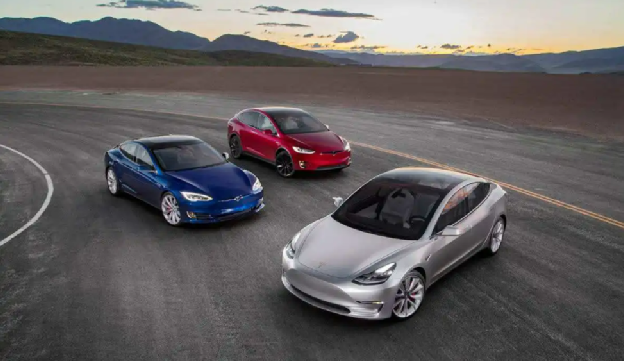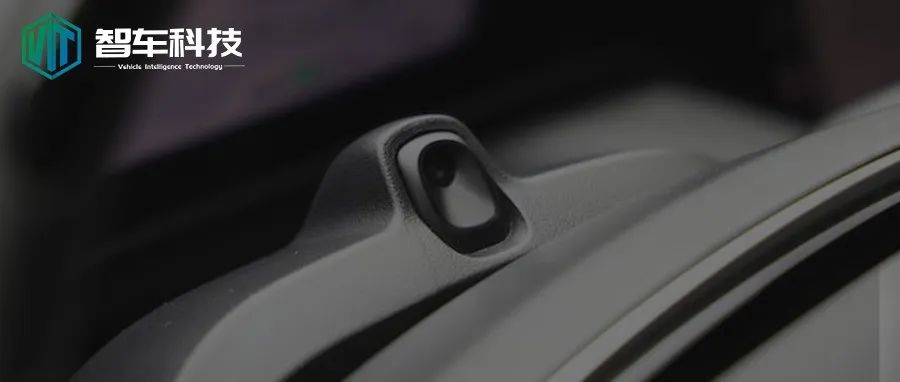Introduction
Recently, following Tesla, AITO Qianjie, and Ford Mustang Mach-E have also started price reduction or offering various subsidies. On October 31st, there was a notification about XPeng Motors’ discounted purchase circulating online, which shows that the pressure on domestic new forces is increasing.

Well-Intentioned or Trial Reduction
XPeng Motors’ approach of purchasing through the company and then reselling to internal employees can be described as well-intentioned.
Purchasing these vehicles at the original price in the name of the company will not have any adverse effects on the terminal market, but can also increase sales. After all, for new force car companies like XPeng, once a massive price reduction occurs at a certain point in time, it will inevitably trigger a strong market rebound. It’s not only very troublesome to deal with consumer complaints, but also if consumers form a habitual thought that XPeng will reduce prices to stabilize its performance at the end of the year, holding cash to wait for purchase will become the norm, which will be a very troublesome problem for XPeng Motors.

At the same time, XPeng also provides a very high discount, so high that any consumer who intends to buy a car would be hard-pressed to refuse this discount. Moreover, there is no limit on the quantity, and there are no requirements for vehicle transfer in the future. In other words, XPeng’s internal employees can stimulate some of the potential demand by buying these low-cost cars and reselling them to their relatives, friends, and even scalpers in the short term, which ensures that the sales data can be stable before the end of the year.
The Tesla Price Reduction Effect Begins to Overflow
The price drop of Tesla may become the last straw that crushes the domestic new energy vehicle (NEV) startups. On October 24th, the Tesla China official website announced a sudden price drop of Model 3 and Model Y, with a maximum reduction of 37,000 yuan.

In terms of brand appeal, Tesla is clearly superior to new NEV startups such as Li Auto, which is beyond doubt. In terms of profitability, Tesla’s close to 30% gross margin has already achieved profitability for its overall business, which is unmatched by new NEV startups such as Li Auto. With the large-scale decline of orders reserved for Tesla’s Shanghai plant and the global production capacity shortages greatly alleviated after the opening of the Berlin and Texas plants, Tesla’s price reduction move to stimulate terminal sales is a natural outcome. This may also directly affect customers who originally planned to purchase Li Auto or other domestic EVs to switch to Tesla.Different from Tesla, the new Chinese electric vehicle (EV) players have little room to cut prices. Taking WM Motor as an example, although the single vehicle gross margin has turned positive, the company is still in loss overall. Whether it’s developing new cars, improving sales channels or deploying supercharging and battery swapping stations, it all requires a large amount of investment. Not to mention that XPeng Motors (XPeng) and WM Motor have chosen to enter the European market together, where they need to start over again in terms of building brand awareness and laying out charging networks. Otherwise, relying solely on local dealerships will make it difficult for XPeng to achieve considerable sales in Europe.

Self-driving tech fails to boost XPeng’s valuation
For a company like XPeng, which has not achieved full profitability, the stock market is the only low-cost financing platform. However, as of last week’s close, XPeng’s stock price had fallen to $6.89, a cumulative drop of 86.31% this year. The performance in the Hong Kong stock market is also similar. This means that the difficulty for XPeng to raise funds from the secondary market is getting greater.

From the perspective of the global macroeconomic environment, the world is currently facing a new round of financial crisis after 2008, and the economic and financial situations of various countries are very poor. The Federal Reserve raised interest rates to address the continued high inflation in the United States, causing the global flow of US dollars back to the United States. In order to ensure the stability of their own currency exchange rates, various countries had to follow the United States to raise interest rates. This led to a relatively tight market fund situation, with hot money drying up and unprecedented liquidity stress.Not long ago, the collapse of ARGO AI, a self-driving technology company jointly owned by Ford and Volkswagen, and the significant decrease in valuation of Mobileye, an autonomous driving chip company under Intel, from a maximum of $50 billion to less than $16 billion before going public, fully demonstrated that capital is no longer interested in individual stories. The return of more conservative value investing is inevitable, and at this time, investors evaluate a company based on factors such as its profitability and the sustainability of its business. For XPeng, its self-driving technology, which is instrumental to its high valuation, is one of the key factors. However, in the current market environment, L4 autonomous driving technology, which is virtually impossible to land in the short term, has become a consensus among all parties. Therefore, there exists significant uncertainty as to whether XPeng can continue to be favored by investors.
In September, XPeng Motors’ poor sales and the underperformance of the G9 in the market led to a major internal organizational adjustment, but none of these helped XPeng regain an upward trajectory in its stock price. This attempt at internal purchasing could be an effort to digest inventory or even a trial for future price reductions. Nevertheless, before the domestic and even global economies begin to reverse, the pressure facing domestic automakers will not be insignificant. At this time, new players like XPeng, who cannot self-generate capital, undoubtedly face greater pressure. The decision to follow or not follow the price reduction of competitors is not an easy one to make.
This article is a translation by ChatGPT of a Chinese report from 42HOW. If you have any questions about it, please email bd@42how.com.
